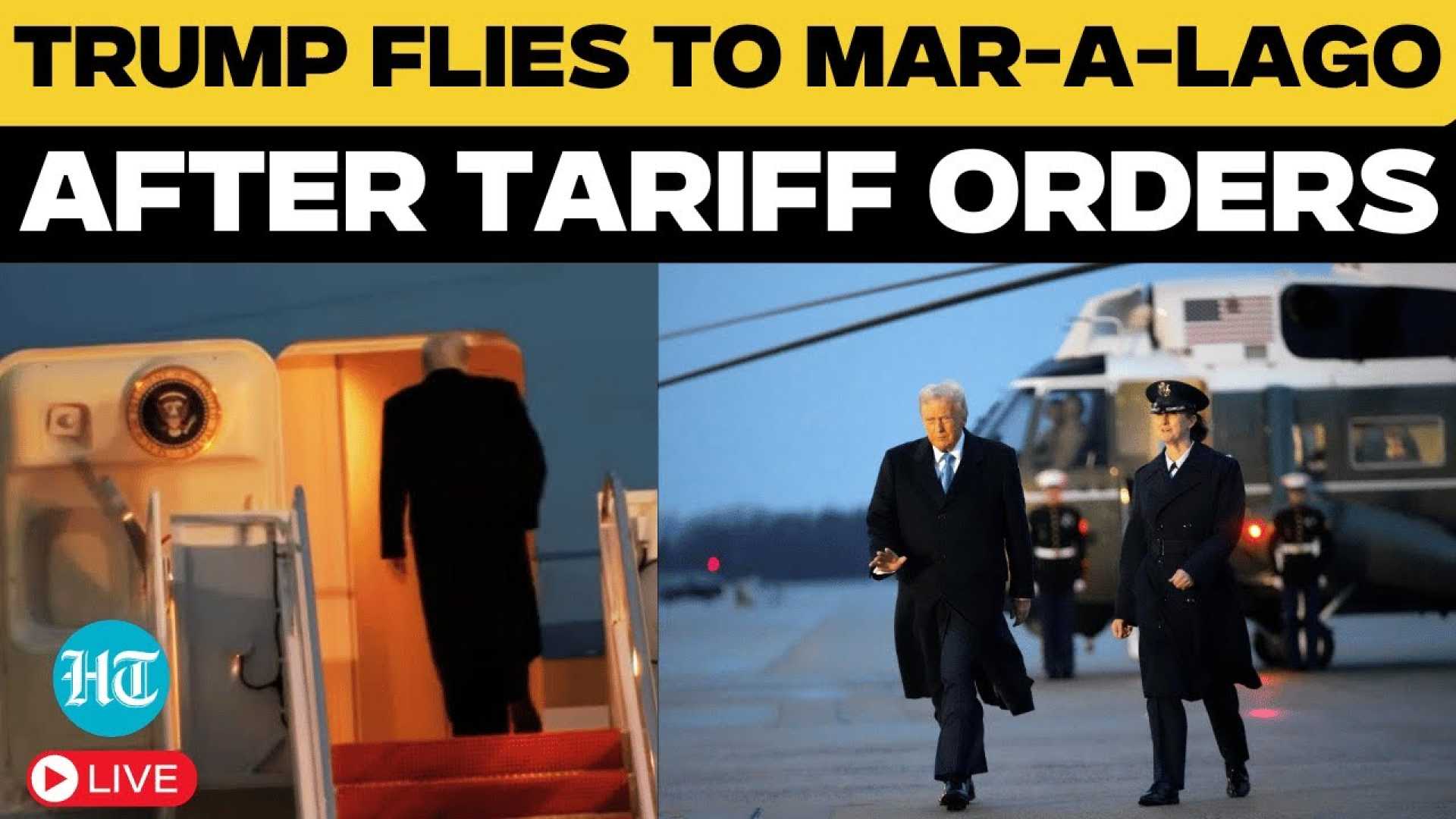Politics
Trump Imposes New Tariffs on Mexico, Canada, and China

PALM BEACH, Fla. — President Donald Trump announced sweeping new tariffs on Mexico, Canada, and China on Saturday, fulfilling a long-promised economic policy aimed at reshaping global trade dynamics. The announcement was made during a signing ceremony at his Mar-a-Lago club, marking a significant escalation in his administration’s trade policies.
The tariffs, which target key trading partners, are expected to have far-reaching economic implications. Former U.S. Treasury Secretary Larry Summers weighed in on the potential responses from Mexico and Canada during an interview with CNN‘s Jessica Dean. “This move could provoke retaliatory measures,” Summers said, “and it may strain diplomatic relations with two of our closest neighbors.”
The new tariffs come as part of Trump’s broader strategy to prioritize domestic industries and reduce reliance on foreign goods. Critics argue that the policy could lead to higher consumer prices and disrupt supply chains, while supporters claim it will protect American jobs and industries.
Mexico and Canada, both members of the United States-Mexico-Canada Agreement (USMCA), have yet to issue formal responses. However, analysts predict that both nations may explore countermeasures, including tariffs on U.S. exports. China, already engaged in a prolonged trade dispute with the U.S., is expected to respond similarly.
The announcement has sparked debate among economists and policymakers. “This is a bold move, but it carries significant risks,” said Summers. “The global economy is interconnected, and these tariffs could have unintended consequences.”
As the situation unfolds, businesses and consumers alike are bracing for potential disruptions. The tariffs are set to take effect in the coming weeks, with further details expected from the White House.












